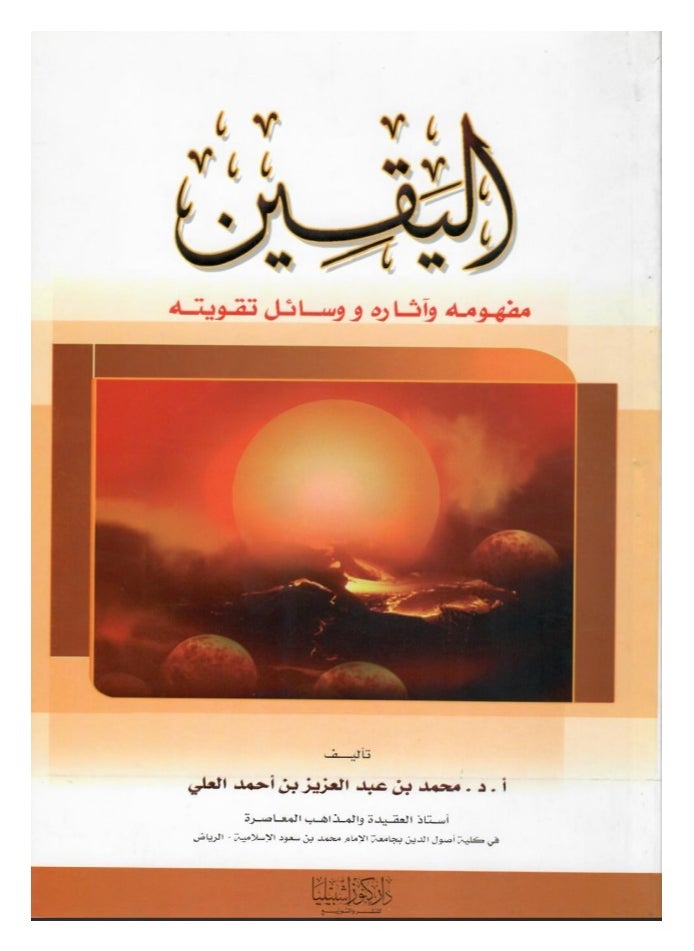English
- استرجاع مجاني وسهل
- أفضل العروض
1
متوفر قريبا
المواصفات
| الناشر | Sage Publications Ltd |
| رقم الكتاب المعياري الدولي 13 | 9780857021274 |
| اللغة | الإنجليزية |
| العنوان الفرعي للكتاب | A Relational Approach |
| وصف الكتاب | This is an accessible and user friendly guide to the theory and practice of relational counselling and psychotherapy. It offers a meta-theoretical framework for the integration of the three most popular counselling and psychotherapy modalities: humanistic, psychodynamic and Cognitive-behavioural including mindfulness and compassion based approaches This exciting new text: - outlines the history of integration in the field of psychotherapy and counselling - clarifies the nature of psychotherapeutic integration - defines different models of integration - provides a clear and rich discussion of what it means to work relationally - outlines a coherent and flexible framework for practice, in terms of theory as well as technique - demonstrates how this framework can be successfully utilised both in brief and long term therapy for a wide range of client issues and problems - provides a detailed guide to working with the Relational-Integrative Model (RIM) for a range of professional issues, including ethics, research, supervision, therapist self-care and personal development Brimming with vivid case examples, mind-maps and therapeutic dialogue, this invaluable book will help develop the theoretical knowledge and skills base of students, trainers and practitioners alike. |
| المراجعة التحريرية | In this solid, well-researched book, Faris and van Ooijen explain their Relational Integrative Model (RIM) ' a holistic and relational model that honours the perspectives from different theories' (p1). Faris and van Ooijen come from very different theoretical perspectives and so bring to the book a wide, inclusive and varied knowledge of therapy. This is an academic text, not light reading - a truly meaty read underpinned with extensive background research. But it will be accessible to any therapist, irrespective of their training' Therapy Today 'Initially sceptical about yet another therapy 'approach' or 'model', this book quickly won me over with its copious wisdom rooted in a mature engagement with intersubjectivity, and with leading-edge pluralistic postmodern and contemplative perspectives. It is a major, integrating contribution to developing an alive, 'new paradigm' approach to therapy that transcends schoolist parochialism, and challenges the worst excesses of overly 'modernist' therapeutic ideologies and practices' Dr Richard House, Research Centre for Therapeutic Education, Roehampton University; author of Therapy Beyond Modernity and In, Against and Beyond Therapy |
| تاريخ النشر | 9/Nov/11 |
| عدد الصفحات | 192 |
Integrative Counselling And Psychotherapy : A Relational Approach paperback english - 9/Nov/11
تمت الإضافة لعربة التسوق
مجموع السلة 0.00 ر.س.




























































































































